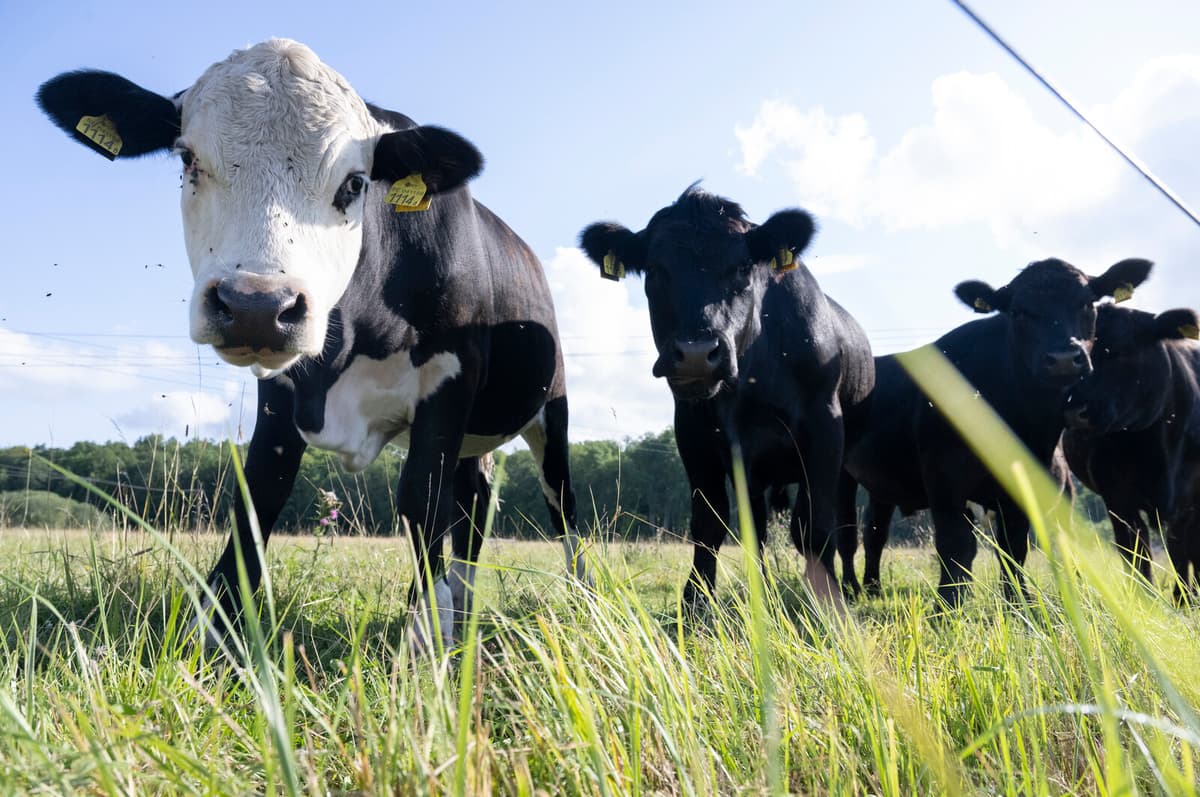One week ago, the first case in Sweden in 15 years was discovered. It concerned a milk cow in Uddevalla. Since then, additional cases have been confirmed in Skåne, Halland, and Västra Götaland.
When we got the infection, through swine fever blowing in from Denmark or Norway or both, it was entirely expected that we would get a first wave, says Karl Ståhl, state epizootologist at SVA.
According to him, there is a risk of an additional wave.
It depends on how warm it gets. It requires temperatures above 12 to 15 degrees outside. When it gets colder than that, the season is over for swine fever, so there won't be any massive spread going forward.
Bluetongue cannot infect humans. The viral disease affects ruminants such as cattle, sheep, and goats. The virus does not spread between animals but through an insect. The symptoms can be mild but also lead to severe illness and death.
Today, there is no requirement for animals to be vaccinated in Europe, unlike during the major outbreak in 2008. Now it is voluntary for EU countries to combat the disease.






